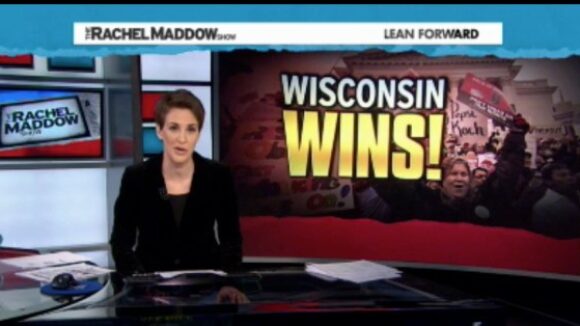None Dare Call it Partisanship
When Republicans in Wisconsin reformed the state's collective bargaining laws, Massachusetts Governor Deval Patrick rushed to schedule a speech in Wisconsin so he could denounce lawmakers. But when the State House in his own state voted to change the way government employees could bargain for taxpayer benefits he praised the House for its "very important vote." The Wall Street Journal notices the hypocrisy: Scott Walker impressions are popular these days, and the latest and greatest aping of the Wisconsin Governor is coming from the liberal heartland. On Wednesday, the Massachusetts state House voted 111-42 to limit public employees' ability to collectively bargain for health care. Mrs. Trumka, please hide all sharp objects from Richard, the AFL-CIO chief. The bill sponsored by Democratic House Speaker Robert DeLeo would change the way teachers, police and other municipal employees bargain for health care, giving mayors and local officials the ability to set co-pays and deductibles after a 30-day negotiation period with the unions. If the unions agree to the mayor's terms, 10% of the savings goes back to the unions. If they object, 20% of the savings goes into a special fund for workers' health-care costs. The reforms, which are expected to save $100 million in the next year, also require retirees to enroll in Medicare. Coming in the bluest of blue states, the news landed like ice water on unions, which are shouting betrayal. "These are the same Democrats that all these labor unions elected, the same Democrats who we contributed to in their campaigns," Massachusetts AFL-CIO President Robert Haynes said. "It's a done deal for our relationship with the people inside that chamber."
